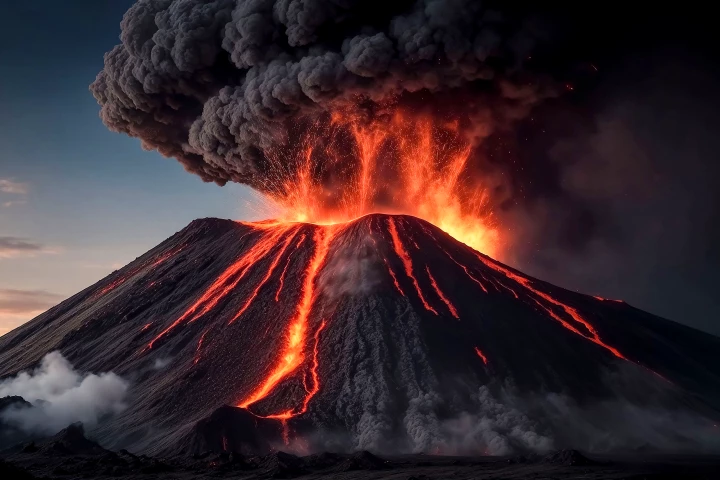University of Barcelona
-
Researchers have identified a protein that represses the activity of energy-burning brown fat. The discovery opens the door to developing treatments for the extreme weight loss, muscle wasting, and malnutrition seen in some types of cancer.
-
It's rarely great news when an area gets blanketed in volcanic ash – but University of Barcelona researchers have discovered it has a rare combination of useful properties, which make it remarkably useful as an energy storage medium.
-
Applying non-invasive, low-intensity light to the head and belly simultaneously reduces the effects of chronic stress on the gut microbiome and the brain, according to a new study. The research adds to mounting evidence linking the two organs.
-
Vitamin B12 doesn't get much time in the spotlight, but as well as its role in red blood cell formation and DNA synthesis, scientists have now found that it is key to cellular reprogramming and tissue regeneration, as well as curtailing inflammation.
-
A new study documenting the accumulation of microplastic particles on the floor of the Mediterranean Sea has shed some new light on plastic pollution, finding that concentrations of this material on the floor of the Med has tripled since 2000.
-
As millions of tons of plastic wash into the ocean everyday, scientists have their work cut out for them in trying to keep tabs on its whereabouts, but an algorithm that can detect and quantify marine litter through aerial imagery could help.
-
Scientists have been poring over the Gaia galactic census of Milky Way stars for about a year. Now, a team of researchers has found evidence of a “stellar baby boom,” a short period of time in which more than half the stars in the thin disc were born.
-
Scientists led by the University of Cambridge have developed a way to replace the organic gases used in most conventional refrigerators with plastic crystals. By using crystals of neopentyl glycol under pressure, it may be possible to build safer, greener, and more efficient cooling systems.
-
What happens when Nature decides to push the "reset" button on an ecosystem? The answer can be found in the aftermath of the 2012 El Hierro eruptions. While the magma vaporized everything in its path, it also provided a blank slate for a mysterious organism to move in and restart life anew.
-
An international team of scientists has made a breakthrough in the magnetic manipulation of nanoparticles that could lead to a big boost for small scale digital storage in portable devices.
-
Scientists have used a telepresence system to allow humans and rats to communicate at a distance.
-
Scientists are designing a balloon-based system that could be used to prospect for wind, at sea.











